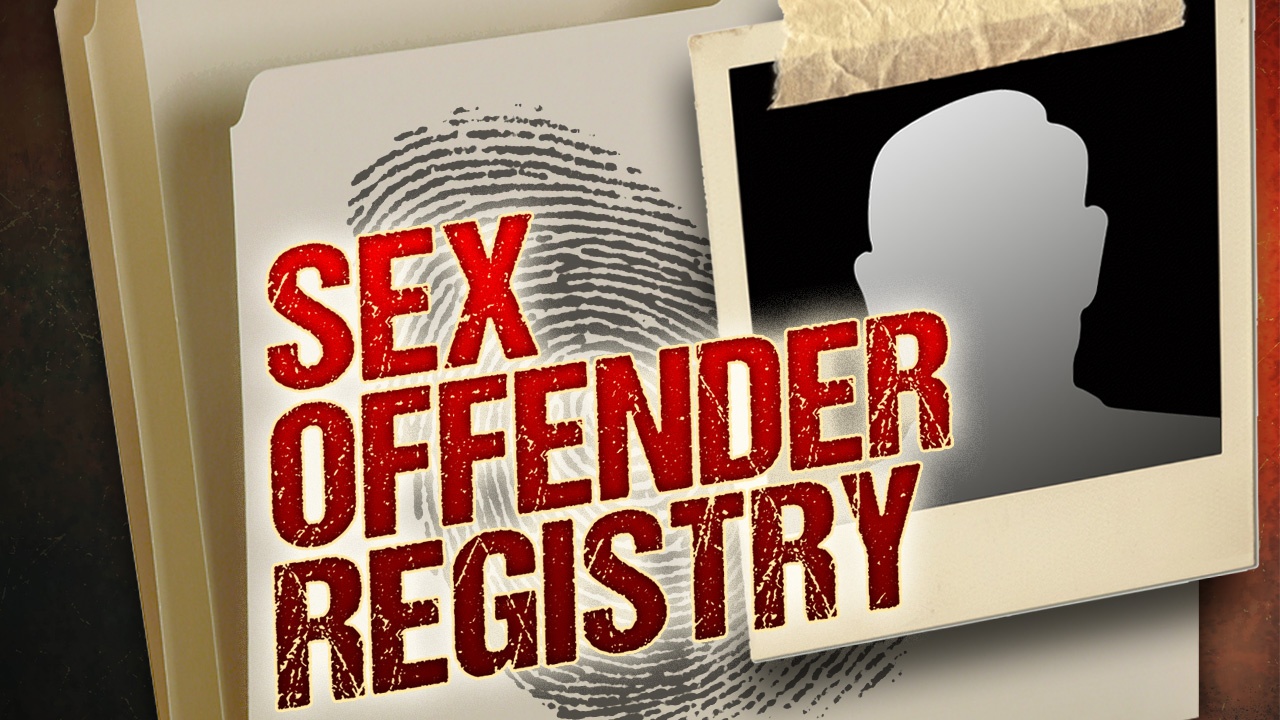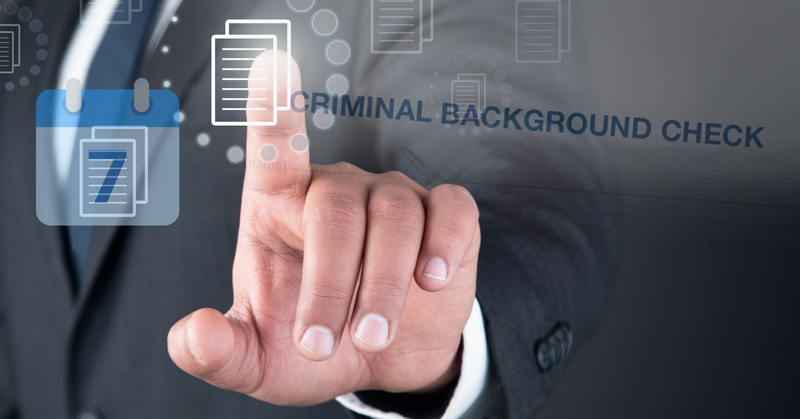Explanation of California Bail in Orange County Superior Court
Posted on March 10, 2017
In all felony cases, a person may be required to post bail when arrested. Some misdemeanor offenses may require the suspect to post bail prior to being released – e.g., second or third DUI or a domestic violence crime. The bail amount is determined in accordance with the Orange County Superior Court Bail Schedule. Thus, a person will not be released unless the full bail amount is paid or unless the court reduces the scheduled amount.
How Bail Works in California
Simply put, paying the bail amount earns a suspects’ release contingent upon their promise to appear in court. Someone may elect to raise the full bail amount and upon the conclusion of the case, the money will be returned in full. Most commonly, people use the services of a bail company. The bail company typically charges 10% of the bail amount, and the bail company will raise the remaining balance. At the conclusion of the case, the money used for the 10% will not be returned. Sometimes bail is not available for those facing charges carrying a life sentence or those who the court believes are a “flight risk” – i.e., those who will flee the country and not return.
What is a PC 1275 Hearing?
Although a defendant has raised the bail amount, law enforcement or the District Attorney may file an affidavit requiring that the defendant produce the legitimate source of the money. This is known as a 1275 hearing, codified under Penal Code 1275. This is common in drug crimes where those involved in drug transactions have access to large sums of illegitimate cash. Those who raise the money for bail may be required to submit paystubs, bank statements, tax returns, and proof of employment to show the court the funds are coming from a legitimate source.
Arguing for a Reduction of Bail or Release on Own Recognizance
The bail schedule is not dispositive when determining bail. Unfortunately for the purposes of bail, a judge must deem the charge sheet true. But there are ways to reduce the bail amount or convince the court to release the inmate on their own recognizance. Below are several factors the judge will consider when hearing a motion to reduce bail:
- Significant ties to the community;
- How long the defendant has lived in the area
- Whether the defendant owns property and is full-time employed
- Whether the defendant has family in the area – e.g., children, parents, spouse;
- The severity of the offense – i.e., grand theft auto versus attempted murder;
- Whether the defendant poses a risk to public safety;
- Defendant’s prior criminal history.
Contact Us to Schedule a Free Consultation
For more information or to schedule a free confidential consultation, contact an Orange County Criminal Defense Lawyer at the Law Offices of John D. Rogers.



